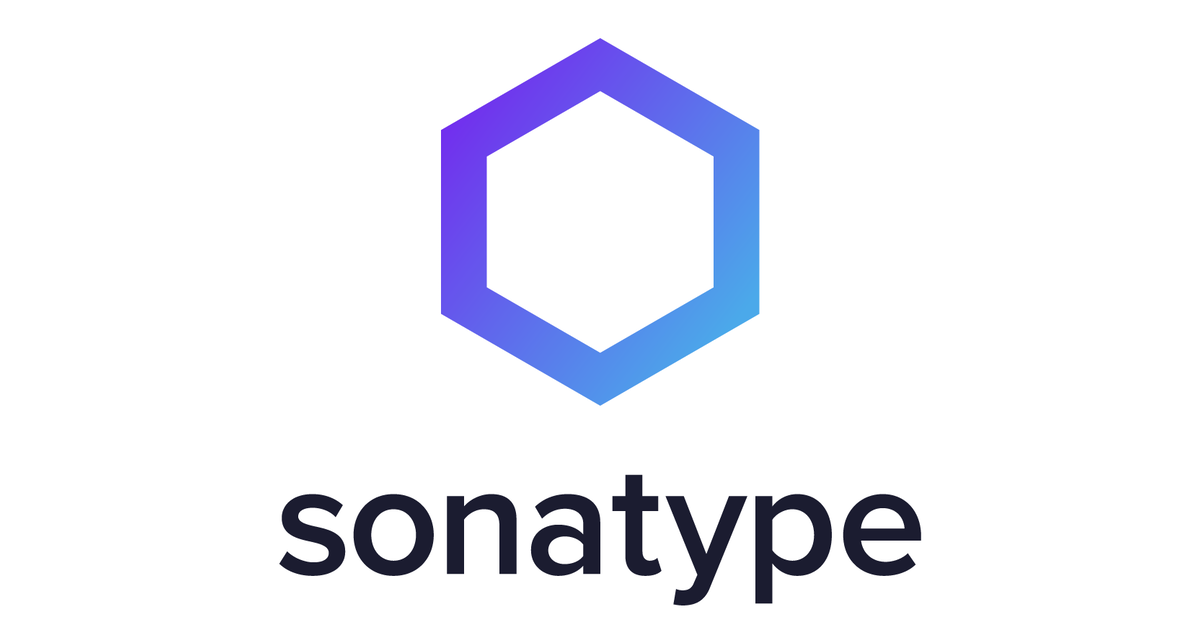GitHub - NodeSecure/vulnera: Programmatically fetch security vulnerabilities with one or many strategies (NPM Audit, Sonatype, Snyk, Node.js DB). (original) (raw)
The vuln-era has begun! Programmatically fetch security vulnerabilities with one or many strategies. Originally designed to run and analyze Scanner dependencies it now also runs independently from an npm Manifest.
Requirements
- Node.js v20 or higher
Getting Started
This package is available in the Node Package Repository and can be easily installed with npm or yarn.
$ npm i @nodesecure/vulnera
or
$ yarn add @nodesecure/vulnera
Usage example
import * as vulnera from "@nodesecure/vulnera";
await vulnera.setStrategy( vulnera.strategies.GITHUB_ADVISORY );
const definition = await vulnera.getStrategy(); console.log(definition.strategy);
const vulnerabilities = await definition.getVulnerabilities(process.cwd(), { useStandardFormat: true }); console.log(vulnerabilities);
Available strategy
The default strategy is NONE which mean no strategy at all (we execute nothing).
| GitHub Advisory | Sonatype - OSS Index | Snyk |
|---|---|---|
 |
 |
 |
Those strategies are described as "string" type with the following TypeScript definition:
type Kind = "github-advisory" | "snyk" | "sonatype" | "none";
To add a strategy or better understand how the code works, please consult the following guide.
API
function setStrategy(name: T): AllStrategy[T]; function getStrategy(): AnyStrategy;
const strategies: Object.freeze({ GITHUB_ADVISORY: "github-advisory", SNYK: "snyk", SONATYPE: "sonatype", NONE: "none" });
/** Equal to strategies.NONE by default **/ const defaultStrategyName: "none";
Strategy extend from the following set of interfaces;
export interface BaseStrategy { /** Name of the strategy / strategy: T; / Method to hydrate dependency vulnerabilities fetched by the Scanner **/ hydratePayloadDependencies: ( dependencies: Dependencies, options?: HydratePayloadDepsOptions ) => Promise; }
export interface ExtendedStrategy< T extends Kind, VulnFormat
extends BaseStrategy { /** Method to get vulnerabilities using the current strategy **/ getVulnerabilities: ( path: string, options?: BaseStrategyOptions ) => Promise<(VulnFormat | StandardVulnerability)[]>; }
export interface BaseStrategyOptions { /**
- @default false */ useStandardFormat?: boolean; }
export interface HydratePayloadDepsOptions extends BaseStrategyOptions { /**
- Absolute path to the location to analyze
- (with a package.json and/or package-lock.json for NPM Audit for example) **/ path?: string; }
Where dependencies is the dependencies Map() object of the NodeSecure Scanner.
Note
the option hydrateDatabase is only useful for some of the strategy (like Node.js Security WG).
Standard vulnerability format
We provide an high level format that work for all available strategy. It can be activated with the option useStandardFormat.
export interface StandardVulnerability { /** Unique identifier for the vulnerability / id?: string; / Vulnerability origin, either Snyk, Sonatype, GitHub or NodeSWG / origin: Origin; / Package associated with the vulnerability / package: string; / Vulnerability title / title: string; / Vulnerability description / description?: string; / Vulnerability link references on origin's website / url?: string; / Vulnerability severity levels given the strategy / severity?: Severity; / Common Vulnerabilities and Exposures dictionary / cves?: string[]; /*
- Common Vulnerability Scoring System (CVSS) provides a way to capture
- the principal characteristics of a vulnerability,
- and produce a numerical score reflecting its severity,
- as well as a textual representation of that score. / cvssVector?: string; / CVSS Score / cvssScore?: number; / The range of vulnerable versions provided when too many versions are vulnerables / vulnerableRanges: string[]; /* The set of versions that are vulnerable / vulnerableVersions: string[]; / The set of versions that are patched / patchedVersions?: string; / Overview of available patches to get rid of listed vulnerabilities **/ patches?: Patch[]; }
Databases
Contributors ✨
Thanks goes to these wonderful people (emoji key):
License
MIT
